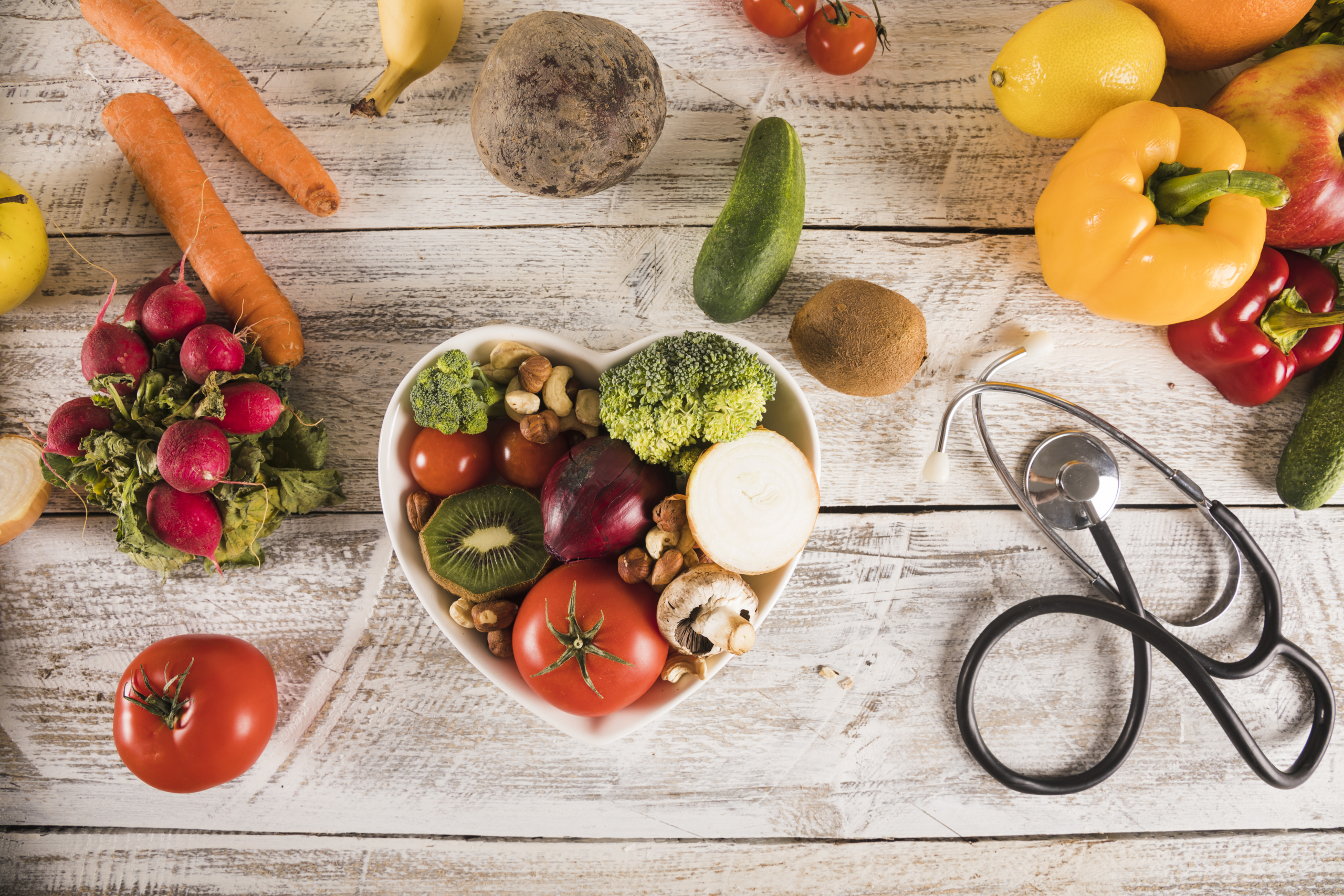Nutrition nowadays has gotten more complicated. Most of us rely on experts, diet books, media accounts, the latest findings in nutritional science, government advisories, and food pyramids to tell us how and what to eat. But we still can’t seem to implement this advice in our lives. The way we eat has changed across time. In today’s fast-paced and stressful world, we look for food that is quick and easy. We also eat more food than we need, too much of the foods are high in fat, sugar, and salt.
Other than what we eat, the way food is produced, marketed, and made available to people has changed tremendously over the last 50 years. As a result, nearly 2 billion adults have become overweight or obese. Sadly, these issues come with many risk factors such as heart diseases, stroke, type 2 diabetes, and some cancers. These diseases can create economic difficulties for families due to high treatment costs. Moreover, obese people can also suffer from low self-esteem, depression, and social isolation.

Another factor that affected our nutrition and lifestyle is urbanization and income levels. Our food choices are directly related to food prices. Many energy-dense, processed foods, which are often low in vitamins and minerals, are frequently cheaper than more nutrient-rich foods due to technological advances and market liberalization. Industrial food production has also led to the widespread use of agricultural chemicals and antibiotics, which may have adverse health effects.
In our modern world, not only has the food changed but how we eat is different, as well. Eating has become an unconscious action. We eat even when we are full or not hungry, just to cope with emotions like anxiety, anger, and sadness.
Health Solutions On The Go
National Nutrition Month is an annual campaign launched by the Academy of Nutrition and Dietetics. During the month of March, we invite everyone to focus on the importance of making informed choices about food and developing sound eating and physical activity habits.

Here are 20 tips to help improve your nutrition:
- Read food labels.
- Don't eat anything your great-grandmother wouldn't recognize as food.
- Make a grocery list before shopping.
- Shop the peripheries of the supermarket and stay out of the middle.
- Avoid food products with the terms "low-fat" or "nonfat" in their names.
- Avoid food products containing high-fructose corn syrup.
- Buy snacks like fresh or dried fruits and nuts rather than chips and sweets.
- Avoid foods you see advertised on television.
- Prepare and eat food at home.
- Take your meal to school or the office. (This tip also helps your wallet.)
- Eat mostly plants, especially leaves.
- Reduce meat consumption. Treat meat as a special occasion food.
- Switch refined carbs like rice and pasta to vegetables and salad.
- Remove sugar-sweetened beverages and fruit juice from your diet.
- Eat a colorful array of foods.
- Stop eating before you feel full.
- Eat when you are hungry, but not when you are bored.
- Buy smaller plates and glasses.
- Do all your eating at a table, and try not to eat alone.
- Eat sweet foods as you find them in nature.















